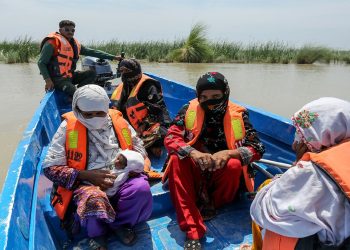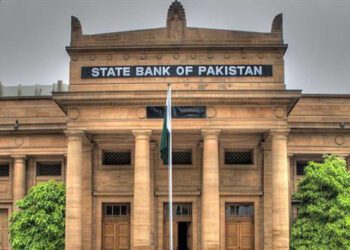According to UNICEF Pakistan, over 22 million children aged 5-16 years are out of school in the country. In Sindh, an estimated 3.5 million children do not go to school. In the last few decades in Pakistan, education has been a subject of controversy with epic tales of bribery and corruption.
There are a number of problems Pakistan is facing nowadays in its education system, which includes syllabus, multiple education systems, no uniformity in programs of study, poverty, gender inequality and many more. Due to the unnoticed complications, our education method is getting more and more rotten.
In recent times, facts have uncovered ‘ghost schools’ being operational in the country. Though, treated as one of the most notorious crimes under institutionalized corruption globally, it is one of the least covered crimes in Pakistan estimated to be over billions of funds.
Such corrupt people are pocketing funds meant for salaries for teachers and maintenance for schools, under the garb of providing quality education to the poor. Several years have passed with several incident reported, yet the crooks always seem to beat the system and keep skimming monies that go into bribing government officials.
Even though teachers are being increasingly hired through the National testing service, political appointments are rampant. Even the chancellors of higher education institutes are still given top positions in lieu of their affiliation or ties with the ruling party.
Along with corruption, budget allocation for education is also an issue. The budget allocation in Pakistan has always been incredibly low as compared to the allocation of other sectors. Pakistan spends way less on education than the other countries of the world.
Due to this low budget, the government has to rely on foreign aid or grants to support educational programs, which creates much room for embezzlements. For instance, USAID and UN programs have pumped billions of dollars in Pakistan to support education initiatives but Pakistan has little to show for it since most of the money received gets wasted through corruption.
The examination system is such that, it paves way for corruption. Many times, papers get leaked online, while other times invigilators are caught receiving bribes from students in exchange for letting them cheat.
Education plays a vital role in building nations; it equips a country’s human resources with relevant skills, knowledge and competencies to deal with the problems it is facing. A robust, efficient and modernized examination system is needed to solve this problem in Pakistan.
Unless the government becomes serious in tackling the root causes of corruption and coming at them with full force, the problem will persist and with time corruption will only increase, resulting in a further decline in the quality of education.






























